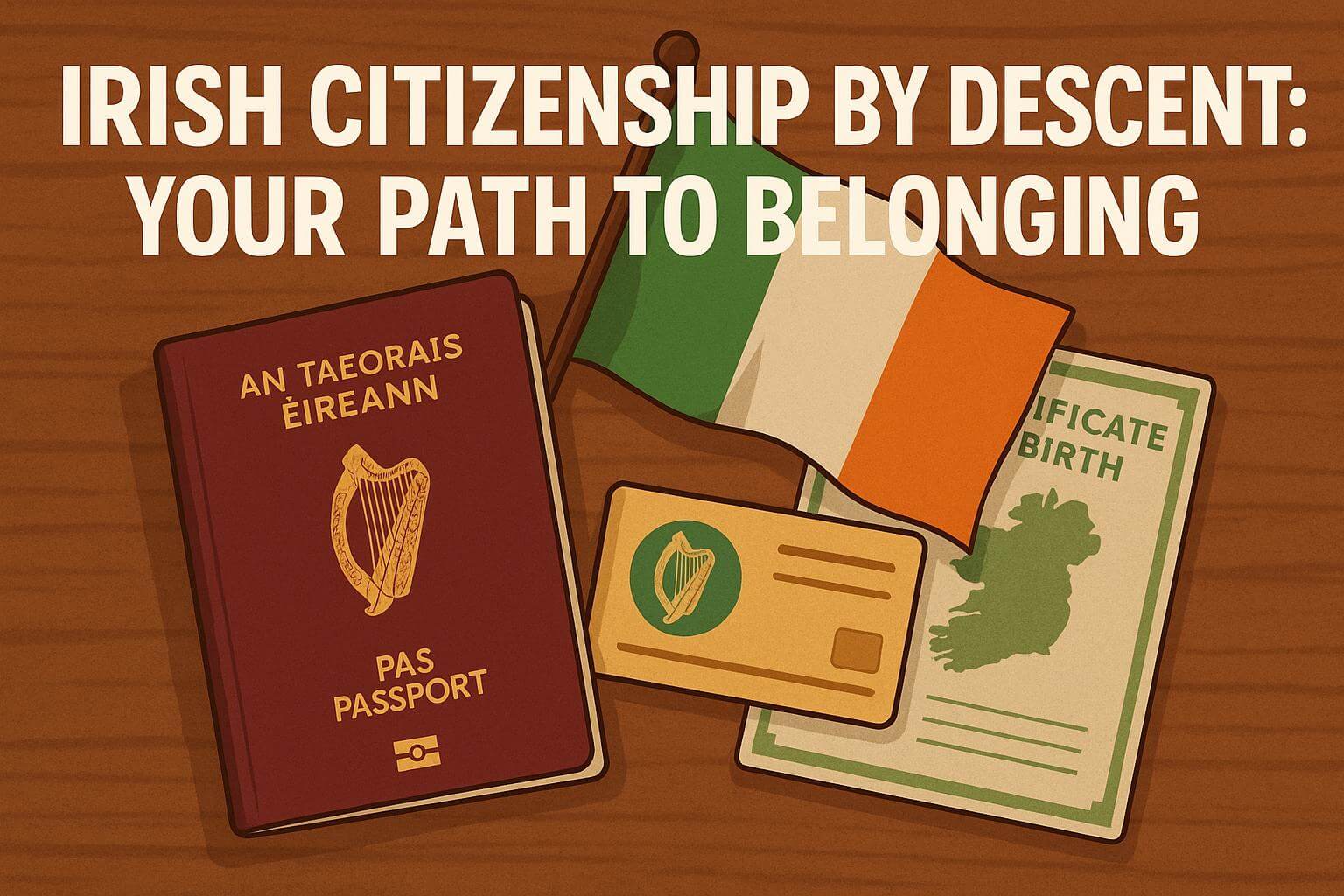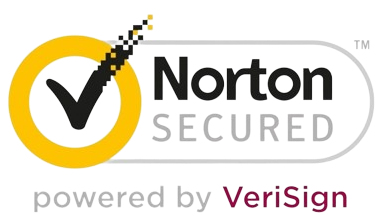Do you have Irish ancestry? Maybe a grandparent or great-grandparent born in Ireland? If so, you might be eligible for Irish citizenship by descent—a way to legally become an Irish citizen based on your family history.
But beyond the paperwork, this journey is about something deeper: reconnecting with your heritage, embracing Irish culture, and even learning the Irish language (Gaeilge). Whether you’re looking for a passport or a stronger sense of belonging, this guide will help you take your first steps.
What Is Irish Citizenship by Descent?
Irish citizenship by descent means you can become an Irish citizen if one of your parents, grandparents, or sometimes great-grandparents was born in Ireland—even if you were born somewhere else.
It’s a popular route for people in the U.S., Canada, Australia, and the UK who want to honor their Irish roots or access the benefits of dual citizenship.
Who Is Eligible?
You’re likely eligible if:
- Your parent was born in Ireland – You’re automatically an Irish citizen.
- Your grandparent was born in Ireland – You can register your birth on the Foreign Births Register.
- Your great-grandparent was born in Ireland – You might qualify, but only if your parent registered before you were born.
For full details, visit the Irish Department of Foreign Affairs.
How to Apply for Irish Citizenship by Descent
The application process is done through Ireland’s Foreign Births Register. Here’s how it works:
1. Gather Documents
You’ll need to prove your ancestry and identity. Common documents include:
- Your full birth certificate
- Your parent’s or grandparent’s Irish birth certificate
- Passports, marriage certificates, and ID
2. Apply Online
Start your application at dfa.ie. You’ll upload scanned copies of your documents and then post the originals.
3. Pay the Fee
Registration fees are usually around €278 for adults (less for children).
4. Wait for Approval
It can take anywhere from 6 to 18 months, depending on how busy the system is.
Why Language Makes Citizenship More Meaningful
Getting Irish citizenship is exciting—but learning the Irish language makes the experience even richer.
Gaeilge isn’t just a school subject or a historical curiosity. It’s the heartbeat of Irish culture. Understanding even a little Irish opens up the music, poetry, history, and humor that make Ireland unique.
Why Learn Irish?
- It brings your heritage to life – Learn what your ancestors actually spoke and thought.
- It deepens your connection to Ireland – Especially if you plan to visit or live there.
- It’s a proud act of cultural revival – Join the growing global movement keeping Irish alive.
Curious where to start? This Basic Irish Conversation Guide is a great place to begin.
Learning Irish from Anywhere in the World
You don’t need to move to Ireland to learn Irish. Today, you can start from your phone, laptop, or tablet.
Easy Ways to Start:
- Use flashcards – Try Irish Language Flashcards for bite-sized learning.
- Listen to native speakers – Apps and podcasts help you hear real pronunciation. Our Irish Pronunciation Guide can help.
- Take short lessons – A few minutes a day can make a big difference.
- Use smart tools – AI-powered platforms like Gaeilgeoir AI adjust to your level and learning style, making it easier to stay motivated.
Want more creative ideas? Check out Creative Ways to Learn Gaeilge.
The Cultural Benefits of Becoming an Irish Citizen
Getting Irish citizenship by descent isn’t just about legal status—it’s about becoming part of something bigger.
Here are some of the extra benefits:
1. Freedom of Movement
Irish citizens can live, work, and study anywhere in the EU.
2. Cultural Connection
Becoming a citizen gives you a stronger link to Ireland’s traditions, holidays, and way of life.
3. Family and Generational Ties
Pass Irish citizenship and language on to your children and grandchildren.
4. Joining a Global Community
The Irish diaspora is one of the largest in the world—and it’s deeply connected through culture, music, and language.
Learn how others are connecting worldwide in Global Communities Learning Gaeilge.
Irish Language: A Living Part of Your Identity
When you claim Irish citizenship, you’re not just getting a passport. You’re stepping into a story—your story.
And language is at the heart of it.
From traditional proverbs to modern slang, Irish offers a unique way of seeing the world. It helps you say things no other language can express quite the same way.
Even learning how to say your name in Irish (see our My Name in Irish Guide) can be surprisingly powerful.
External Resources You Might Find Helpful
- DFA: Irish Citizenship by Descent
- Citizens Information: Irish Nationality
- UNESCO: AI and Education
- RTÉ: Irish Language Revival Among Youth
Final Thoughts
Getting Irish citizenship by descent is a proud, personal journey. But the connection doesn’t stop at the border—it lives in the language, the stories, and the culture you carry forward.
Even if you only learn a few Irish phrases, it can make your experience feel more real, more grounded, and more meaningful.
So why not start now?
You can begin learning Irish today—right from your home—with tools that are easy, flexible, and tailored for heritage learners.
👉 Ready to connect with your Irish roots? Start learning with Gaeilgeoir AI—and discover where your heritage can take you.
Go n-éirí leat – best of luck on your journey!


